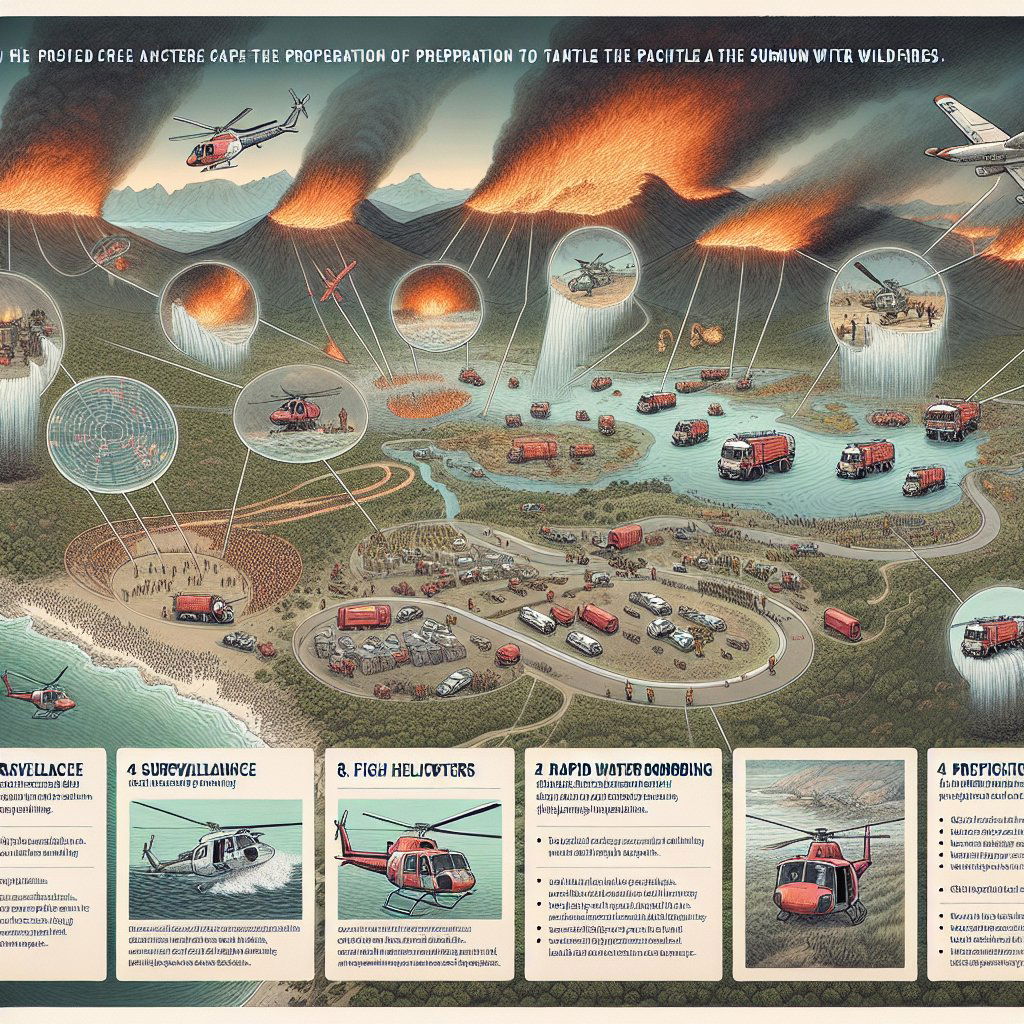Image: AI generated for illustration purposes
Western Cape's Battle Against Wildfires: A R16 Million Comprehensive Plan
The Western Cape government has unveiled a robust R16 million action plan designed to tackle the ferocious summer wildfires that have become a persistent threat to the province's delicate ecosystem and its communities. This comprehensive strategy includes a formidable assembly of resources—four planes, eight helicopters, and a brigade of 2,300 firefighters—poised to respond to the surge of blazes anticipated over the dry season.
As part of the annual preparedness for the fire season, which typically spans from November to May, the authorities are bracing for an estimated 7,000 wildfires. This figure is not far off last year's statistics that saw 7,215 wildfires ravaging the province, as noted by Wouter Kriel, the spokesperson for Local Government, Environmental Affairs and Development Planning MEC Anton Bredell.
The wildfires pose a significant threat to life, property, and biodiversity in the region, and therefore, an intricate and well-funded approach is critical to prevent and mitigate their impact. Given the history of devastating fires in the area, such as the infamous Knysna fires and the more recent blazes in the Overberg district, there is a heightened sense of urgency among officials and fire management teams to ensure readiness and to hone response strategies.
Over the years, the Western Cape has developed a world-class disaster management infrastructure which includes deploying air resources for surveillance, rapid water bombing, and transporting firefighters to critical locations. The specialized aerial fleet and the highly trained personnel represent the front line of the region's strategic defensive and offensive tactics against the seasonal infernos.
Training programs and fire prevention campaigns are also part of the multi-pronged strategy, aware that local communities play a vital role in early detection and in adhering to safety guidelines to reduce the risk of fire outbreaks. Educational efforts are expected to ramp up as the dry season encroaches, emphasizing the importance of measures such as controlled burns, clearing of alien vegetation, and abiding by no-burn notices on windy days.
The utilisation of these extensive resources, coupled with community cooperation and technology, signifies the Western Cape's commitment to preserving its natural heritage and safeguarding its citizens from the annual threat of wildfires. With the fire season's peak months on the horizon, the province's R16 million plan underscores the seriousness with which it takes the safety of its environment and the people who call it home.










